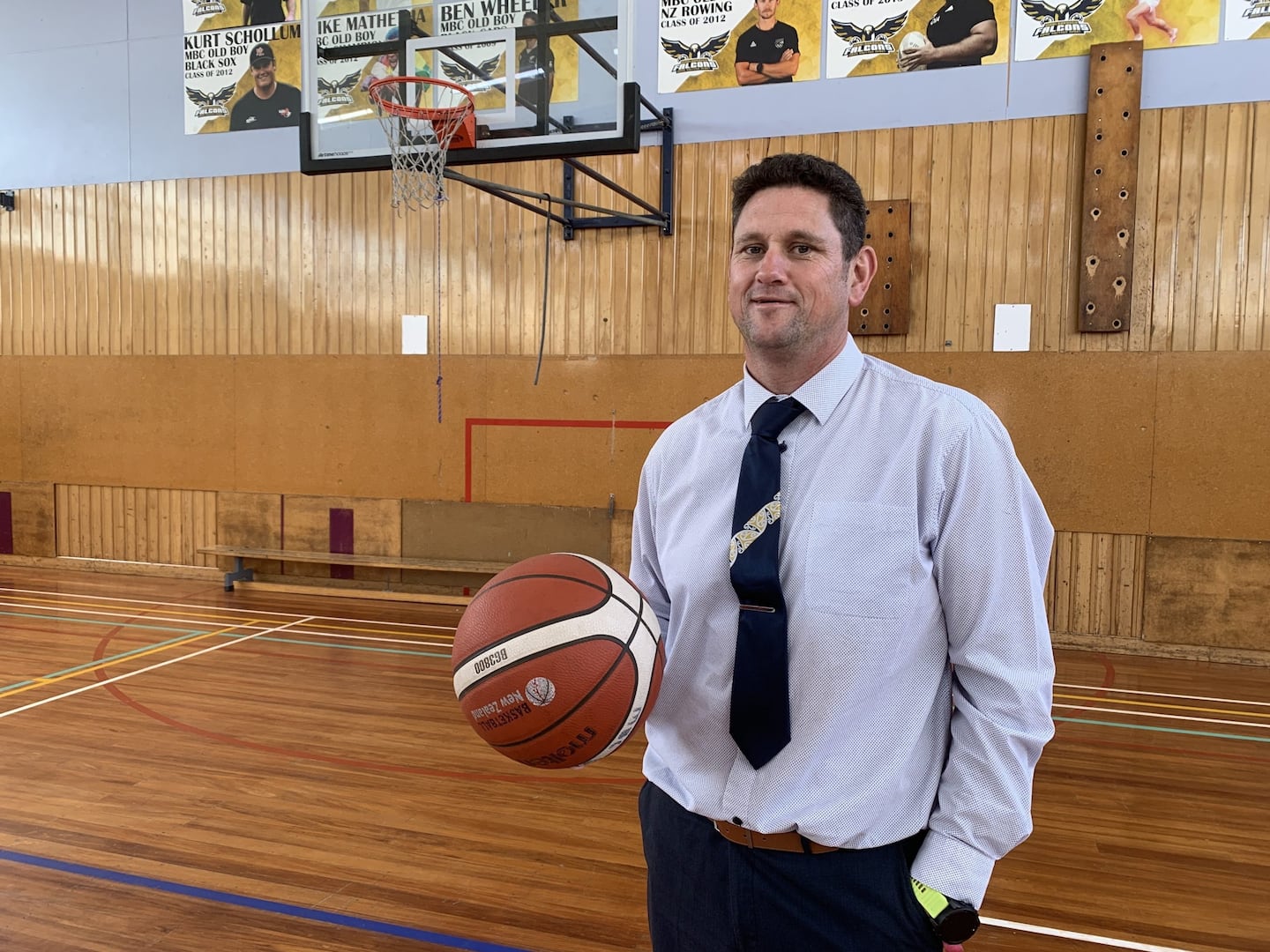A Marlborough school principal has welcomed the Government’s decision to slash the school-clustering programme Kāhui Ako Communities of Learning.
The Government announced that the programme would be disestablished as part of Budget 2025, with its funding being redirected into a $770 million investment into learning support.
Riverlands School principal Bradley Roberts said he believed that the almost $1m that went into Piritahi, Marlborough’s Kāhui Ako, could be better used elsewhere.
“Most of the people involved in the Kāhui Ako were not even aware of how much resource went into them,” Roberts said. “The Piritahi Kāhui Ako … cost $950,000 a year to run.”
The Piritahi Kāhui Ako was a collection of 21 schools and six kindergartens, representing 6000 students across the region.
Teachers nominated and approved by a school’s principal and board of trustees could take paid time away from their usual tasks to foster collaborative teaching and leadership practices across schools; with the goal of lifting student achievement in Marlborough.
Roberts, who conducted a 20-week sabbatical research project on Kāhui Ako, said the programme did little to lift student achievement, and suffered from “too many parameters”.
“We could have done a lot more with the $950,000 if we [schools] were given more control over that resource,” Roberts said.
Roberts said most of the funding went towards extra pay for teachers and principals.
“The money went into people’s back pockets. It didn’t really go into initiatives or resources,” Roberts said.
In 2020, the New Zealand Principals’ Federation, which represented hundreds of school principals, called on the Government to end the programme, saying that the meagre benefits did not justify the $110m per year price tag.

“I talked to 18 different Kāhui leaders and principals as part of my research, and 18 out of 18 said if they could re-imagine the resource they would put it into learning support,” Roberts said.
Seddon School principal and Piritahi Kāhui Ako co-leader Anita Phillips said the group was looking at data for under-served students to see how the schools could work together to better support them.
“Our [Kāhui Ako] would come into schools to support those people, and then the principal co-leads would look at what needed to be done at a leadership level to ensure that everyone had adequate access to information or new thinking … around how best to meet the needs of the children.”
Phillips said Kāhui Ako particularly focused on supporting Māori students.
“[Kāhui Ako] did a huge focus for a very long time on culturally responsive practices, and we have really strong connections with local iwi now as a result,” she said.“There has been an awful lot of teacher professional development that’s come out of our Kāhui Ako … network support, for sure.”
“One of the biggest impacts that we can have for children is to upskill our teachers.”
While Phillips said she was disappointed about the axing of the programme, she welcomed greater investment into learning support.
“We all want money to our children, right? Learning support is huge,” she said.
“If it’s genuinely being directed to learning support and we genuinely benefit as a region … particularly if we are going to benefit with learning support co-ordinators, because we’ve been immensely under-served in that area.
“That will soften the blow somewhat.”
Principal of Marlborough Boys’ College and board member for Witherlea School Jarrod Dunn said some of the work of the Kāhui Ako needed to continue once the programme was gone.
“There will still be work that needs to be done, and I guess the school’s going to have to fund that.
“If they’re not funding those roles that we’ve got teachers in at the moment … It’s how do we continue to fund those roles, given that the money and the staffing [was coming] through Piritahi Kāhui Ako?”
- LDR is local body journalism co-funded by RNZ and NZ On Air.



